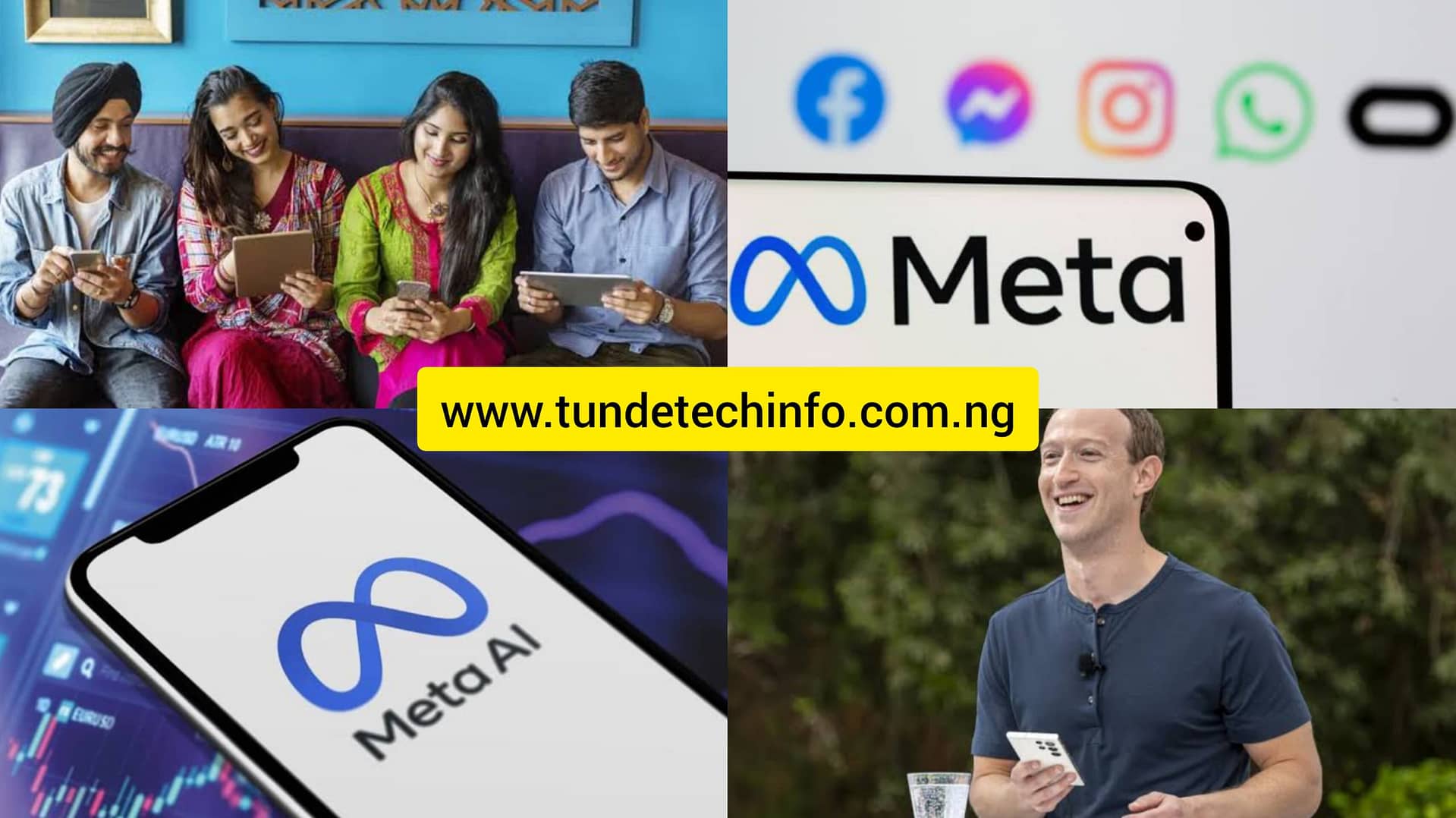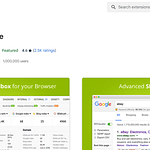Meta, formerly known as Facebook, has recently launched its AI-driven features aiming to revolutionize social media and connectivity. However, despite the technological advancements, many Indians have expressed skepticism and concerns about this new development.

Tundetech Info has previously published an article on how to install Meta Ai , but the skepticism and concerns surrounding Meta’s AI-driven features in India may stem from a variety of factors. One aspect could be apprehensions regarding privacy and data security, as AI technologies often involve the collection and analysis of user data to personalize experiences and improve algorithms. Given the increasing focus on data protection and privacy regulations globally, including in India, individuals may be wary of how their personal information will be handled and utilized within Meta’s AI ecosystem.
Here are five key reasons Meta Ai is driving this sentiment in India:
1. Privacy Concerns

Privacy remains one of the foremost concerns for Indian users. Meta’s track record with data privacy and security is far from flawless. Incidents like the Cambridge Analytica scandal have left a lasting impression. The introduction of AI tools that potentially collect and analyze even more personal data exacerbates fears of misuse. Many Indians are wary of how their information might be harvested, shared, or exploited without their explicit consent.
2. Digital Literacy and Accessibility

India has a diverse population with varying degrees of digital literacy. While urban areas may embrace cutting-edge AI technologies, rural and semi-urban areas often struggle with basic digital infrastructure. The complex nature of AI and its integration into everyday applications might alienate a significant portion of the population who are not yet comfortable with advanced technologies. This digital divide can lead to skepticism and resistance towards adopting Meta’s new AI features.
3. Economic and Employment Impact

AI and automation often bring about concerns regarding job displacement. In a country with a large workforce, many of whom are engaged in sectors vulnerable to automation, the introduction of AI technologies by a major player like Meta can trigger fears about job security. There is apprehension that AI-driven processes might replace human jobs, leading to increased unemployment and economic instability.
READ ALSO: What is Meta Ai, How to Install Meta AI in WhatsApp, Instagram, Facebook
4. Cultural Sensitivity and Bias

AI systems are only as good as the data they are trained on. There are concerns that Meta’s AI may not be adequately equipped to handle the diverse and complex cultural nuances of India. Instances of AI algorithms displaying bias or failing to understand regional languages, dialects, and cultural contexts could lead to alienation and mistrust among users. Ensuring that AI systems are culturally sensitive and unbiased is crucial for their acceptance in a multicultural society like India.
5. Misinformation and Fake News

India has been grappling with the menace of misinformation and fake news, particularly on social media platforms. The fear is that AI could exacerbate this problem by enabling more sophisticated and widespread dissemination of false information. While AI can be used to combat misinformation, there is skepticism about its effectiveness and the potential for it to be weaponized by malicious actors. Users are concerned that AI-driven algorithms might prioritize engagement over accuracy, further fueling the spread of misinformation.
Why Meta’s AI is Sparking Controversy Among Indian Users

The launch of Meta AI has undoubtedly sparked a mix of excitement and concern among Indian users. Addressing these concerns transparently and proactively will be crucial for Meta to gain the trust and confidence of its Indian audience. Ensuring robust data privacy measures, improving digital literacy, addressing economic implications, incorporating cultural sensitivity, and combating misinformation effectively are steps that Meta needs to take to allay fears and foster a positive reception of its AI innovations in India.
It is essential for Meta to address these concerns transparently and proactively engage with users to build trust and confidence in the capabilities and safeguards surrounding their AI-driven features. By fostering open communication and demonstrating a commitment to ethical AI practices, Meta can work towards alleviating the apprehensions expressed by many individuals in India regarding this transformative technological development.
Here are some reactions from social media users:
#ShameOnMetaAI
No Jokes On Allah And prophet Muhammad..But so many jokes on Prabhu Shri Ram , Vishnu and Hindu Gods.
Ban meta Ai Asap pic.twitter.com/jgxuTA8pk1
— श्रवण बिश्नोई (किसान) (@SharwanKumarBi7) June 30, 2024
BAN @META AI in India #ShameOnMetaAI pic.twitter.com/4oK6iA543y
— Sadhvi Prachi 🇮🇳 (@Sadhvi_prachi) June 30, 2024
SHOCKING NEWS 🚨 WhatsApp’s Meta AI is cracking objectionable jokes on Hindu Gods.
When AI was asked to make a j0ke on Lord Vishnu:
META AI : L0rd Vishnu used to go to beauty parlor, he had to show his haircut.
When same user asked Meta AI for a j0ke on Islamic figures:
AI: I… pic.twitter.com/4iK3Ro663T
— Times Algebra (@TimesAlgebraIND) June 30, 2024
Repost maximum if you Want To Ban Meta Ai In India#ShameOnMetaAI pic.twitter.com/RpalVfh1yv
— Arun Yadav 🇮🇳 (@beingarun28) June 30, 2024








